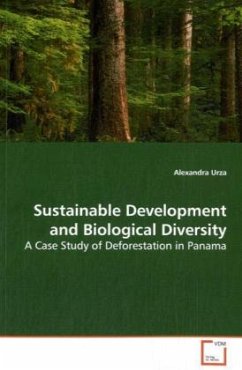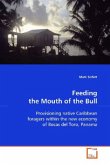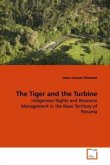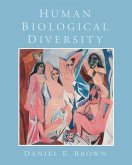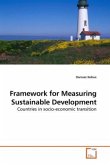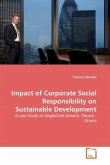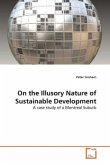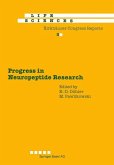Sustainable development is an emerging development
model that has impacted the relationship between the
environment and traditional development
objectives. This work combines
political ecology and natural resource economics in a
rearticulation
of sustainable development theory that draws on
concepts from the biological
sciences. Based on existing theory, biodiversity is
identified as a critical
(non-substitutable) resource. The case of Panama is
then examined as an example of a country whose
development has come into conflict with the health of
its exceptionally diverse ecosystems through the
conversion of forested land. An empirical model is
created to test the statistical significance of
several explanatory variables on rates of
deforestation in Panama. This work should be useful
for
students or professionals in the environmental field
who are interested in how the full value of natural
resources can be
incorporated into the development process and how,
given a specific social and institutional
structure, policies can be devised to tackle
undesired environmental degradation.
model that has impacted the relationship between the
environment and traditional development
objectives. This work combines
political ecology and natural resource economics in a
rearticulation
of sustainable development theory that draws on
concepts from the biological
sciences. Based on existing theory, biodiversity is
identified as a critical
(non-substitutable) resource. The case of Panama is
then examined as an example of a country whose
development has come into conflict with the health of
its exceptionally diverse ecosystems through the
conversion of forested land. An empirical model is
created to test the statistical significance of
several explanatory variables on rates of
deforestation in Panama. This work should be useful
for
students or professionals in the environmental field
who are interested in how the full value of natural
resources can be
incorporated into the development process and how,
given a specific social and institutional
structure, policies can be devised to tackle
undesired environmental degradation.

